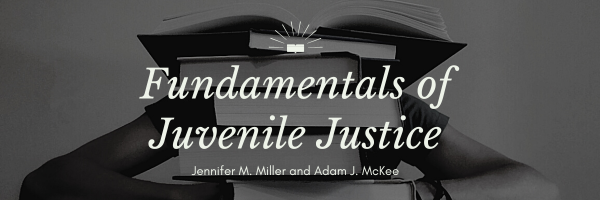Reading Assignment for Section 4.2
Read the following subsection from our online textbook: Section 4.2: Juvenile Probation
What You Will Learn
This section introduces you to the essential goals of juvenile probation and how it helps young offenders turn their lives around. You’ll explore the structure and key components of probation programs, along with the vital role probation officers play in guiding and supporting youth. Additionally, you’ll examine challenges and innovative practices in probation systems that aim to enhance rehabilitation outcomes and community safety.
Student Learning Outcomes for Section 4.2
- SLO 1: Identify the primary goals of juvenile probation, including promoting behavioral change, ensuring community safety, and preventing recidivism.
- SLO 2: Explain the structure and key components of juvenile probation programs, such as supervision, counseling, and community service requirements.
- SLO 3: Describe the multifaceted role of probation officers, including enforcement, guidance, and support for young offenders.
- SLO 4: Analyze the challenges faced by juvenile probation systems, such as high caseloads, resource constraints, and addressing diverse offender needs.
- SLO 5: Evaluate innovative practices in juvenile probation, including electronic monitoring, restorative justice approaches, and specialized probation units, and their impact on rehabilitation outcomes.
Modification History File Created: 04/26/2024 Last Modified: 11/20/2024
[ Text Section | Back | Contents | Next ]
You are welcome to print a copy of pages from this Open Educational Resource (OER) book for your personal use. Please note that mass distribution, commercial use, or the creation of altered versions of the content for distribution are strictly prohibited. This permission is intended to support your individual learning needs while maintaining the integrity of the material.
This work is licensed under an Open Educational Resource-Quality Master Source (OER-QMS) License.

